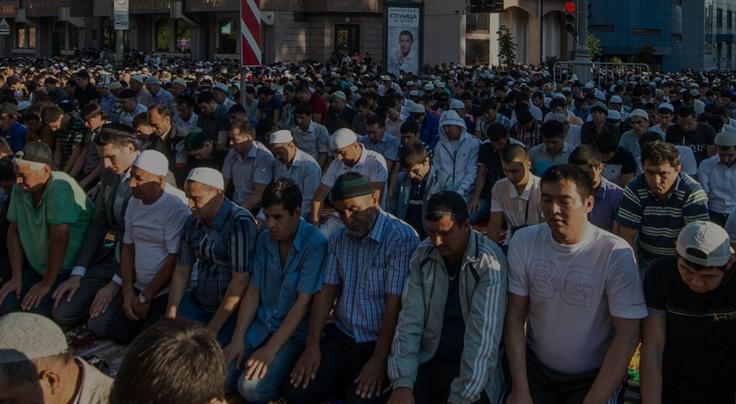
Paraguay Breaks Away From the Pro-Islamist Governments of Latin America
This week, Paraguay prepared a draft resolution to designate the Muslim Brotherhood as a terrorist organization on the basis of its “ideological assistance to those who resort to violence and threaten stability and security, both in the East and in the West”. Paraguay already lists the Palestinian branch of the Brotherhood, HAMAS, as well as Iran’s Hezbollah militia, Al-Qaeda, and the Islamic State (ISIS), as terrorist groups, and intends to treat the Brotherhood in total in the same way.
The Muslim Brotherhood, founded in Egypt in 1928, is the primary building block of the Islamist movement. It has been declared a terrorist organization by a number of Arab governments—Bahrain, Egypt, Saudi Arabia, Syria, and the United Arab Emirates—as well as Russia, Kazakhstan, Tajikistan, and the authorities in eastern Libya. At various times, the United States has weighed declaring the Brotherhood a Foreign Terrorist Organization (FTO).
Though South America is rarely thought of as a centre of activity for Islamist organizations, the Western Hemisphere has been an important theatre of Islamist proselytism, recruitment, and even terrorism for quite some time.
As Giovanni Giacalone documented in an in-depth report for EER last year:
Islamist extremism has been present in Latin America for around four decades, with a growing level of activity that is facilitated by a series of factors, such as widespread corruption, Islamist-friendly governments like the ones belonging to the “Bolivarian Alliance for the Americas” (ALBA) group, the possibility of exploiting illicit trafficking networks, especially for drugs and money laundering, and the lack of proper counter-terror laws. …
The pioneering Islamist organization in Latin America is without a doubt Hezbollah, which has been present and operational since the early 1980s. … However, Hezbollah is not the only terrorist organization that found a safe haven in Latin America. Starting in the 1990s, several other groups such as the Egyptian Islamic Group (Gamaa al-Islamiyya), Palestinian Islamic Jihad (PIJ), Al-Qaeda, and more recently the Islamic State (ISIS) have all found footholds in Latin America. …
The Muslim Brotherhood is active in most Latin American countries, especially in Mexico, Brazil, Argentina, and Peru … [and t]here is growing concern in Brazil about the spread of Salafism among the population of the favelas.
Paraguay is a seemingly unlikely place for the Brotherhood to have set up home. There are just 35,000 Muslims in Paraguay, most of them from Syria and Lebanon, out of a population of more than seven million people (much less than 0.1%).
Paraguay, however, is at the centre of the Triple Frontier, where its poorly marked borders intersect with Argentina and Brazil. This lawless area is a centre of activity for many criminal networks, making it an ideal choice for Iran when it began establishing its networks in Latin America after the 1979 Islamic Revolution: there is little state oversight, and the clerical regime is able to work with and through the criminal syndicates to move personnel, weapons, and money across borders and around the world as it advances towards the continental United States. The other Islamists, like the Brotherhood, who have followed in Hezbollah’s wake, have found the area congenial for the same reasons.
The geopolitical environment in South America has shown some very negative trends of late. The long-standing socialist governments of the Western Hemisphere—Venezuela, Cuba, Bolivia, and Nicaragua—have always had pro-Islamist policies, especially towards Iran, and the recent “pink wave” has seen similar governments take power in Colombia, Chile, Brazil, Argentina, and Mexico. Paraguay stands as an island in the midst of this pink tide. It is to be hoped that its decision to crack down on the Brotherhood and similar extremist agents of instability is taken as a model for others to follow.
Source: eeradicalization





